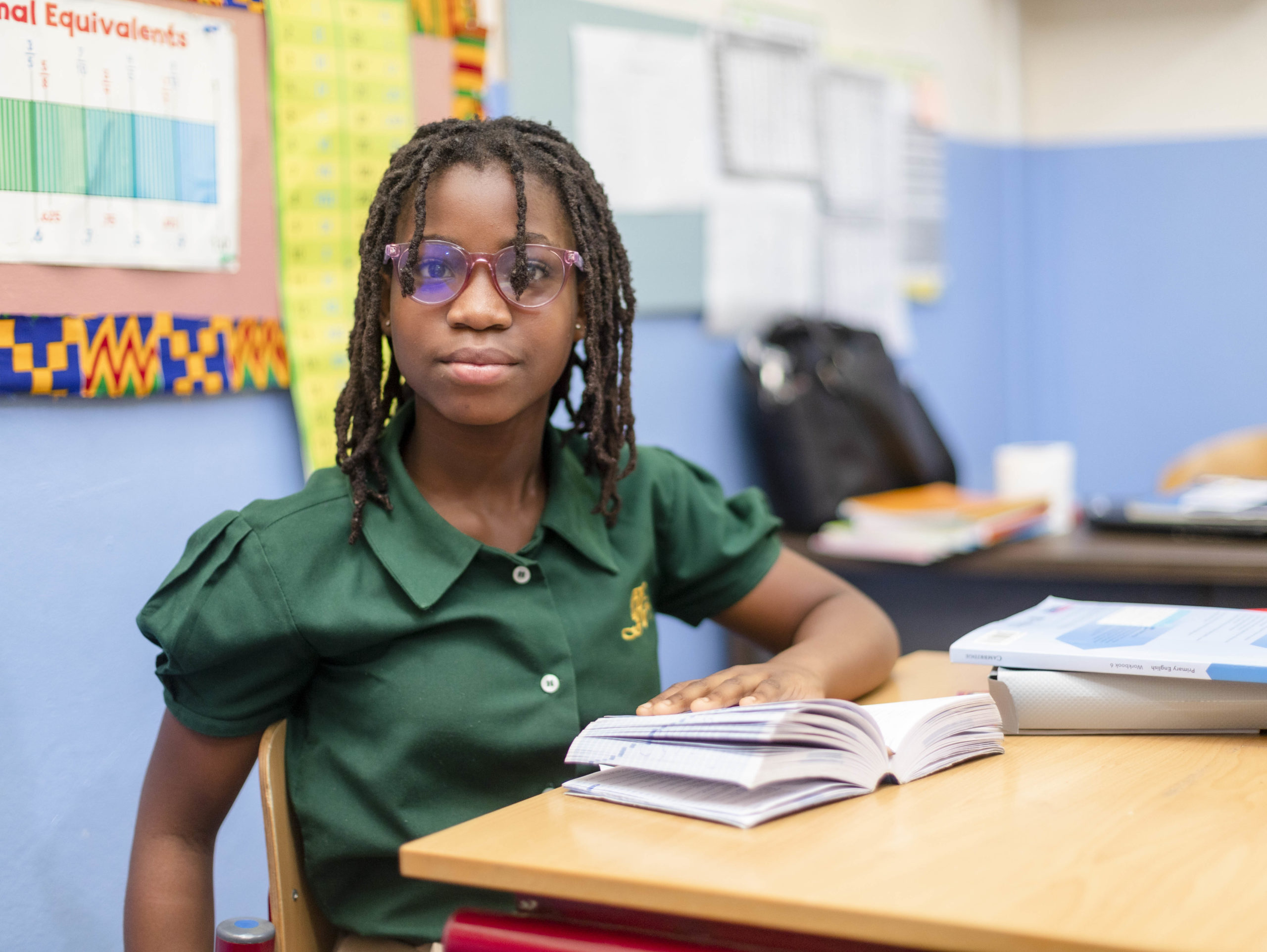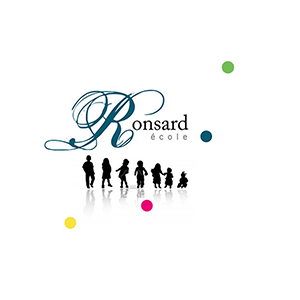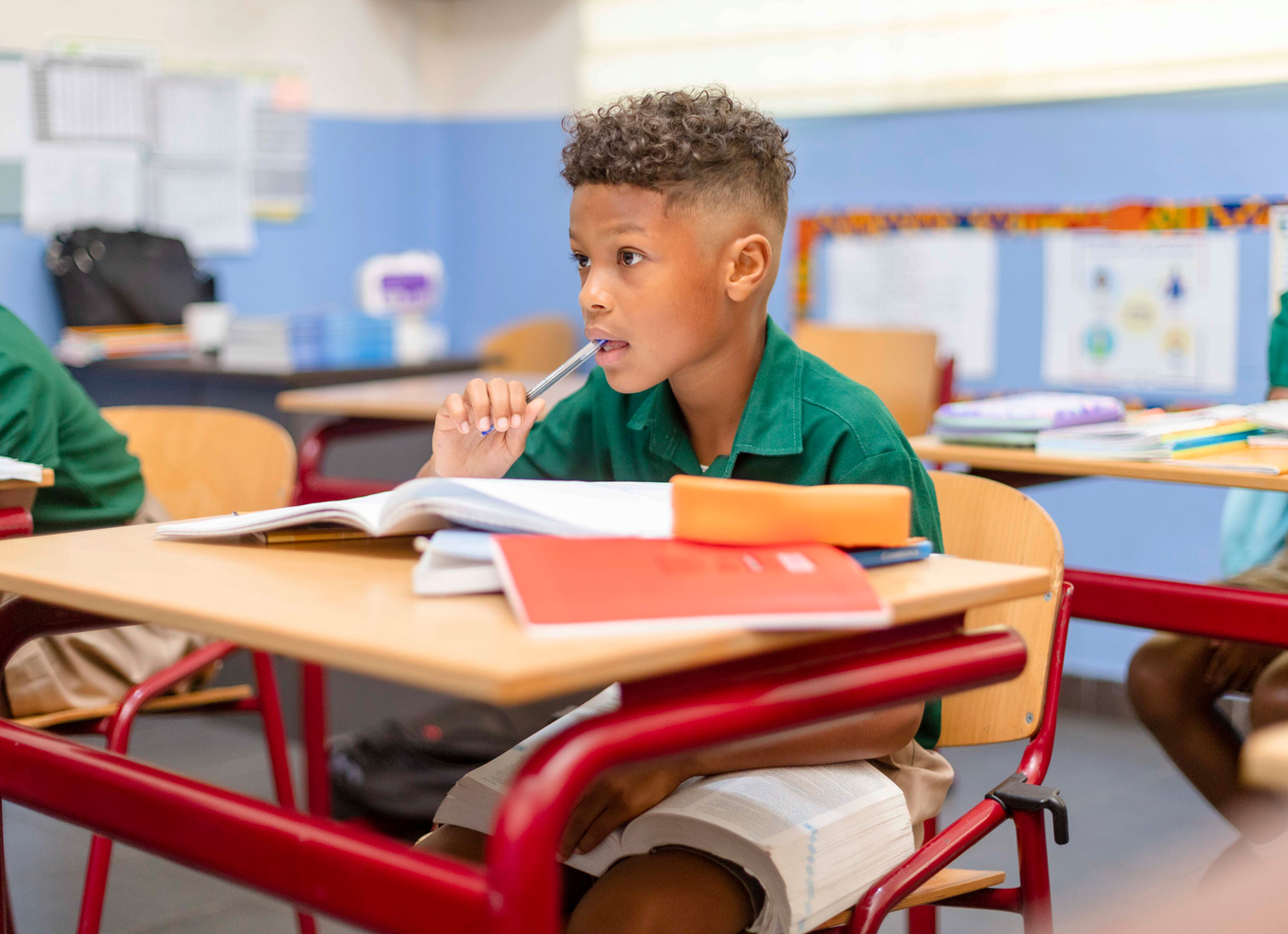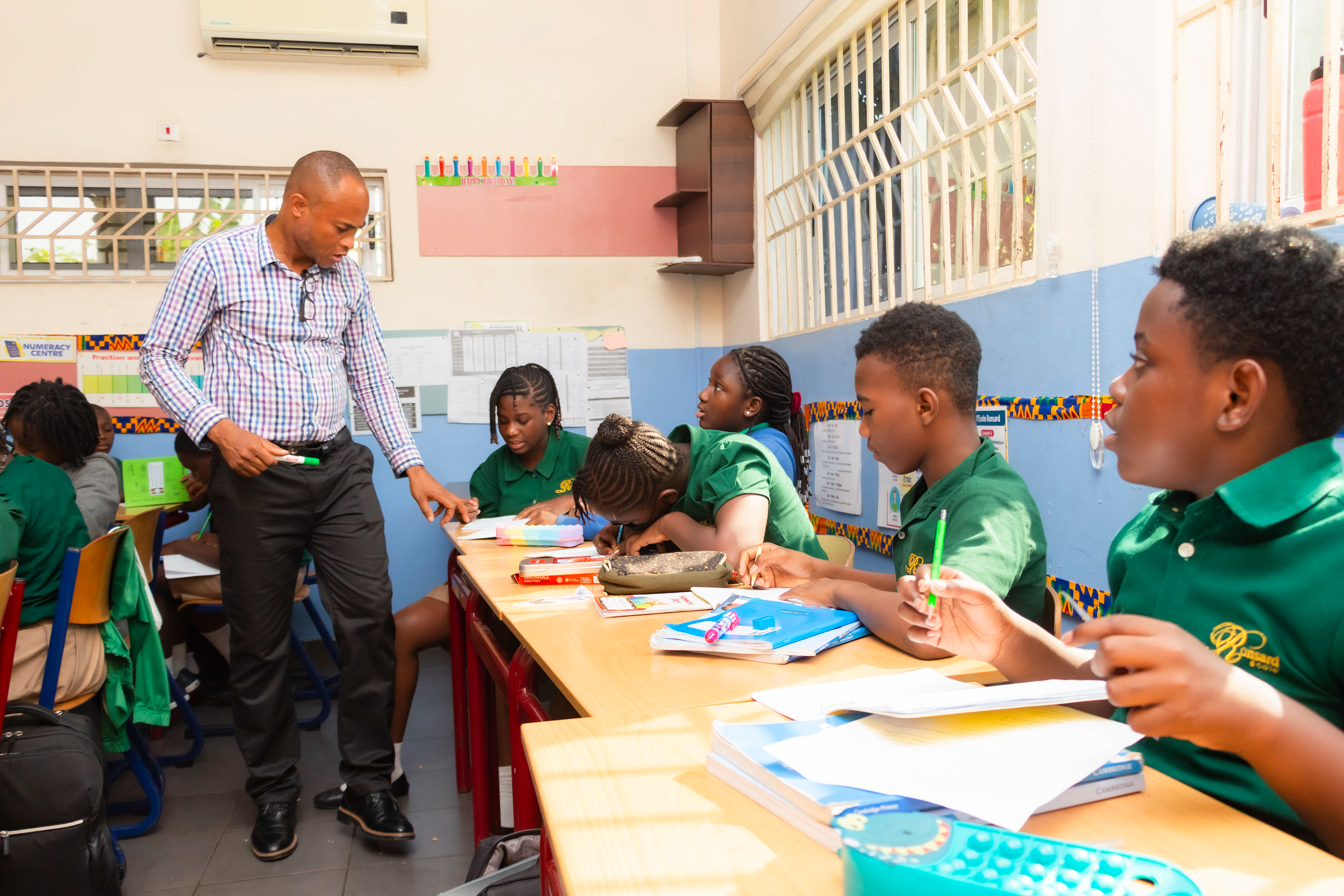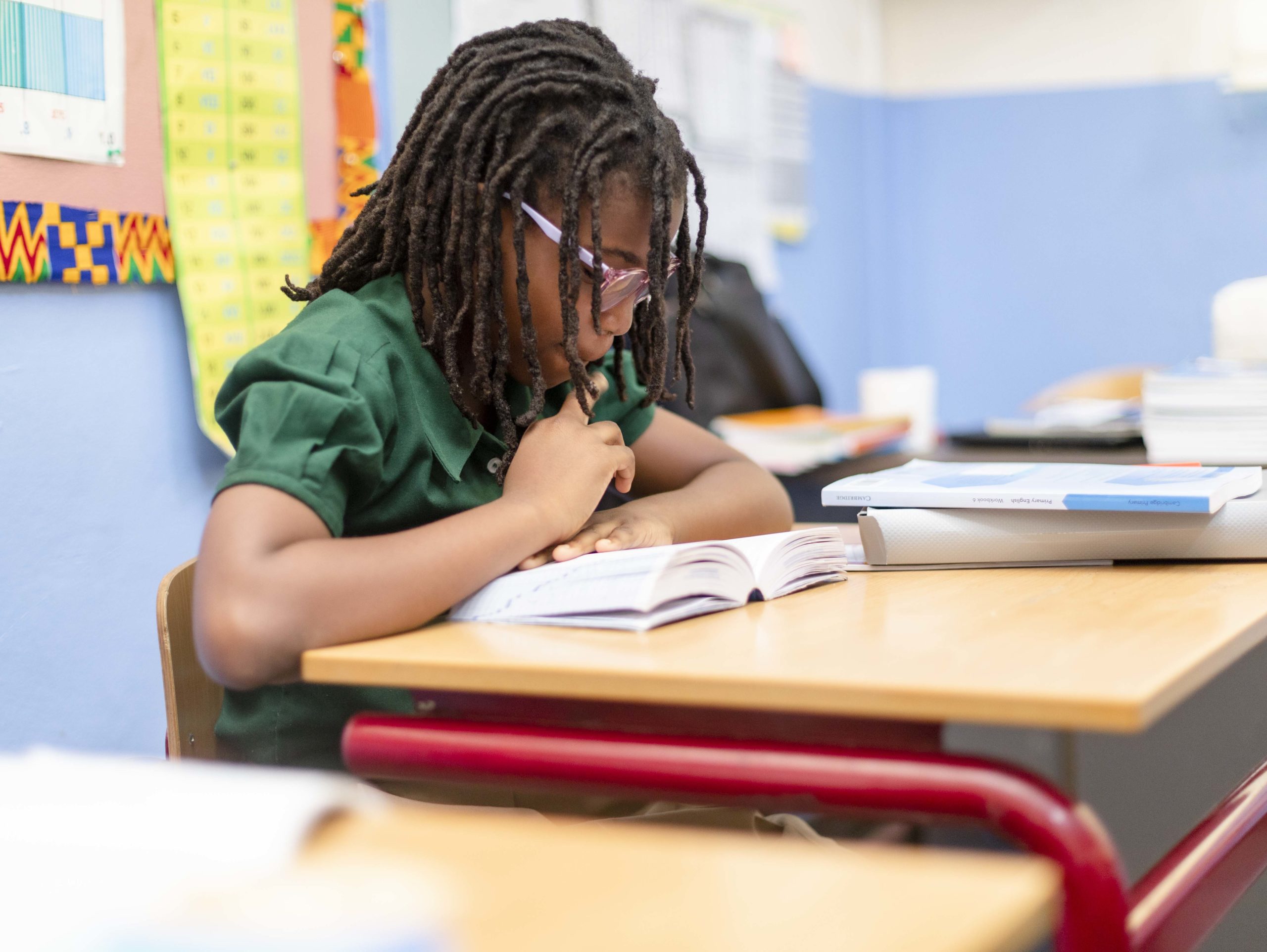Stepping into Secondary: Year Six Readies for Their First Cambridge Exams
Stepping into Secondary: Year Six Readies for Their First Cambridge Exams
Examinations are unquestionably significant in both our collective and individual lives. They play a vital role in moving us forward from one stage to the next.
This encourages us to take each phase seriously and with a focused commitment. It’s that time of the year once more for our sixth-grade students to take the first Cambridge Checkpoint exams, marking the transition into Secondary school.
Upper Primary students, particularly those in the sixth year, have begun getting ready for the Cambridge Checkpoint Exams. The months preceding the exams are frequently defined by significant and intentional efforts by all stakeholders, including students, teachers, parents, and the school administration team.
It is during these times that both pupils and teachers experience a series of adjustments with each person playing a crucial role in making sure that success is achieved in the end.
The Cambridge Primary Checkpoint, in a few sentences, is an assessment for students in the final year of primary school, thus year six. It covers English, Mathematics, and Science and is designed to check students’ readiness for the next stage of education.
The assessments are graded in Cambridge, offering schools an international benchmark for evaluating learner performance externally. This means that every student gets a statement of achievement along with a feedback report, providing schools and parents with comprehensive information.
It further provides feedback on students’ strengths and weaknesses, helping to identify areas for improvement before they progress to the next class. For students, checkpoints are a fantastic way to showcase how much they’ve learned and how hard they’ve worked during primary school.
Speaking of getting used to changes, during this phase, year six students naturally take on the role of early birds. Normally, students are expected to be in school no later than 7:30 AM every school day, but this changes for those whose exams are drawing nigh.
Now, they must be in school and class by 7:00 AM. This adjustment gives them sufficient time to go through their textbooks before official classes commence at 8:00 AM.
Not only do they come to school early, but their closing time is also extended. On Mondays through to Wednesdays, they must remain at school after the regular closing time, from 3 pm to 4 pm.
This additional hour serves as a dedicated study session, allowing them to review their notes and engage in independent learning under the guidance of a teacher.
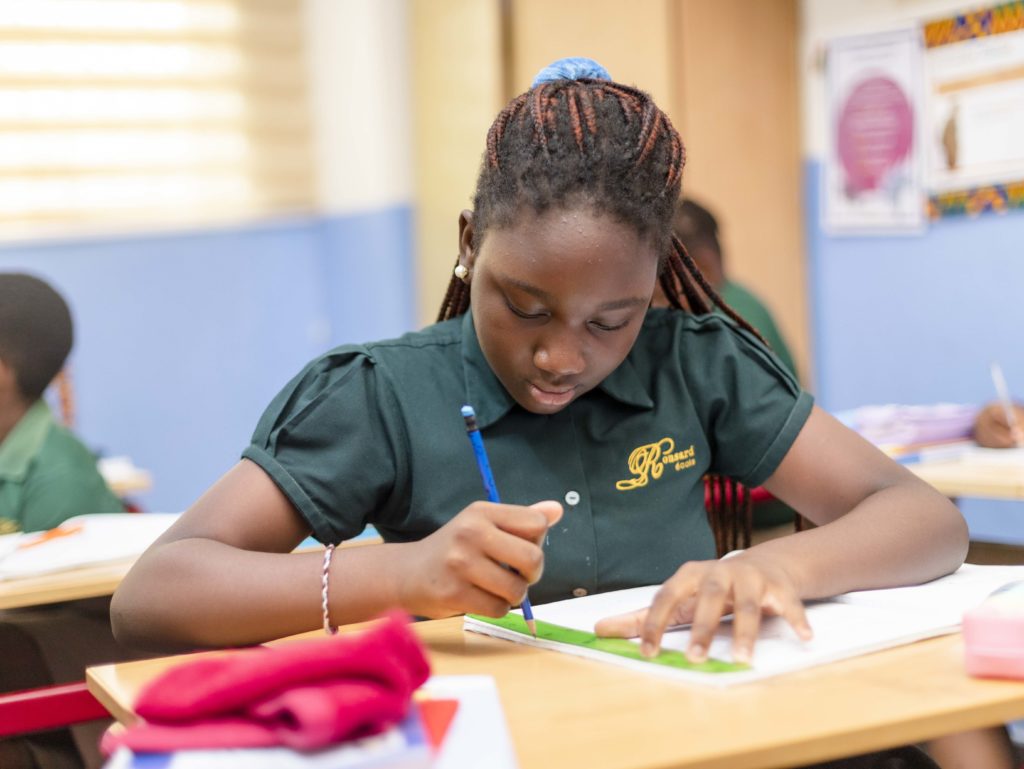
Fridays are no longer just about fun, a bit of learning and activities anymore. On Fridays, they sit for a series of mocks. These mocks are practice exams designed to help students prepare for the Cambridge Checkpoint assessments.
These mocks are based on the same format and content as the actual assessments, allowing students to familiarize themselves with the types of questions they will encounter. They are a valuable tool for assessing understanding and identifying areas for improvement.
Checkpoint exams, whether in upper primary or lower secondary, are a big deal. It’s mostly work with minimal time for leisure—here, playtime takes a back seat.
That being said, our ‘Checkpointers’ have set aside extracurricular activities. They are only permitted to engage in these activities from Thursday to Friday. So, if your preferred activity happens on a different day, it means a temporary break until perhaps after the exams.
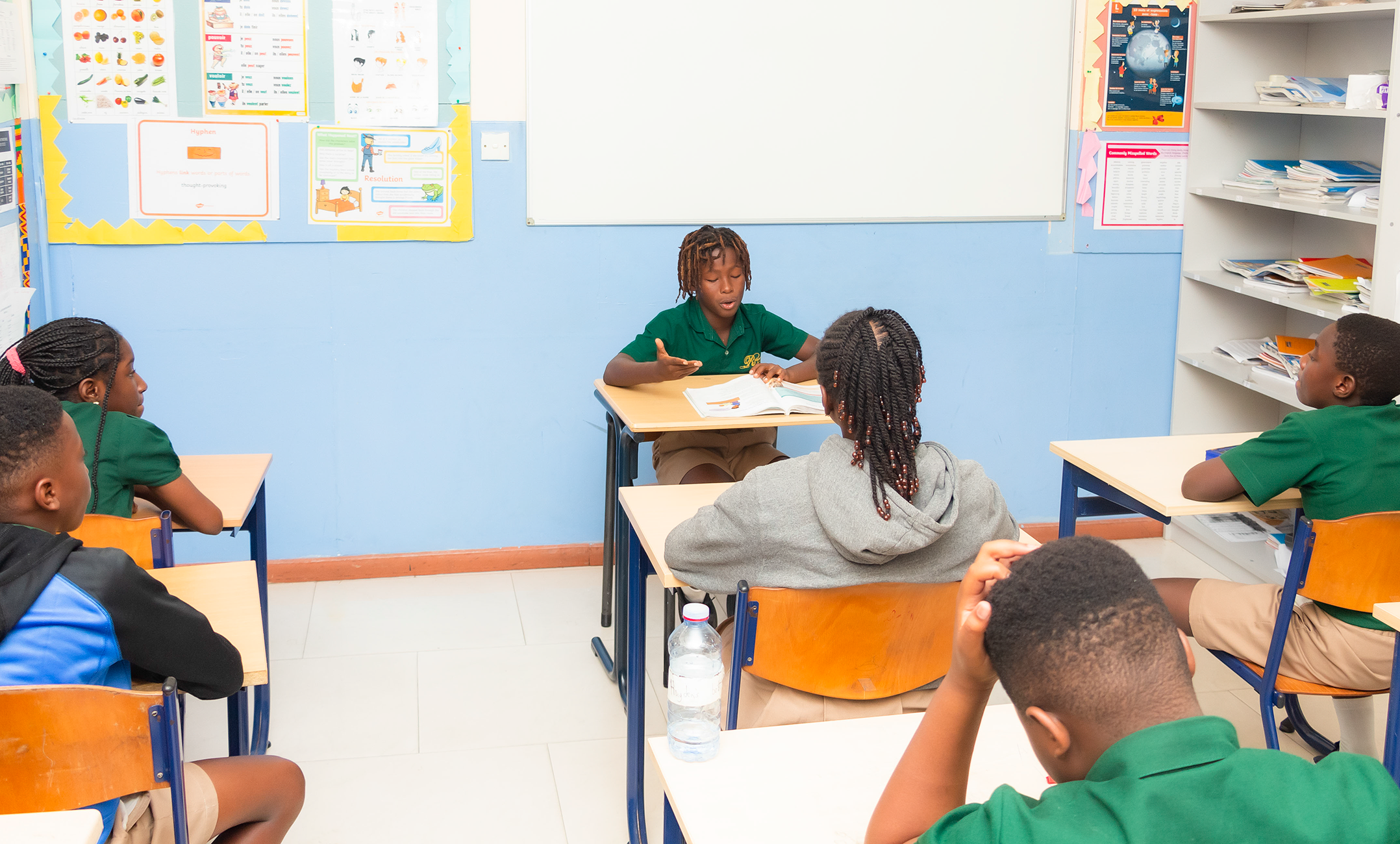
Another addition is the introduction of student-initiated learning time. Here, the onus is entirely on the students in charge to devise creative learning methods.
These methods can take any form, whether physical, within the classroom, or beyond its walls. The goal is to promote peer teaching, teamwork, and alleviate classroom boredom.
Last but not least, once every week, a seminar centered on examination-taking techniques is held for our candidates. The seminar covers time management, test-taking approaches, dealing with exam stress, teamwork, and support, among other topics.
All these discussions are crafted to assist students in becoming their best selves and unlocking their full potential as they prepare for their exams.
